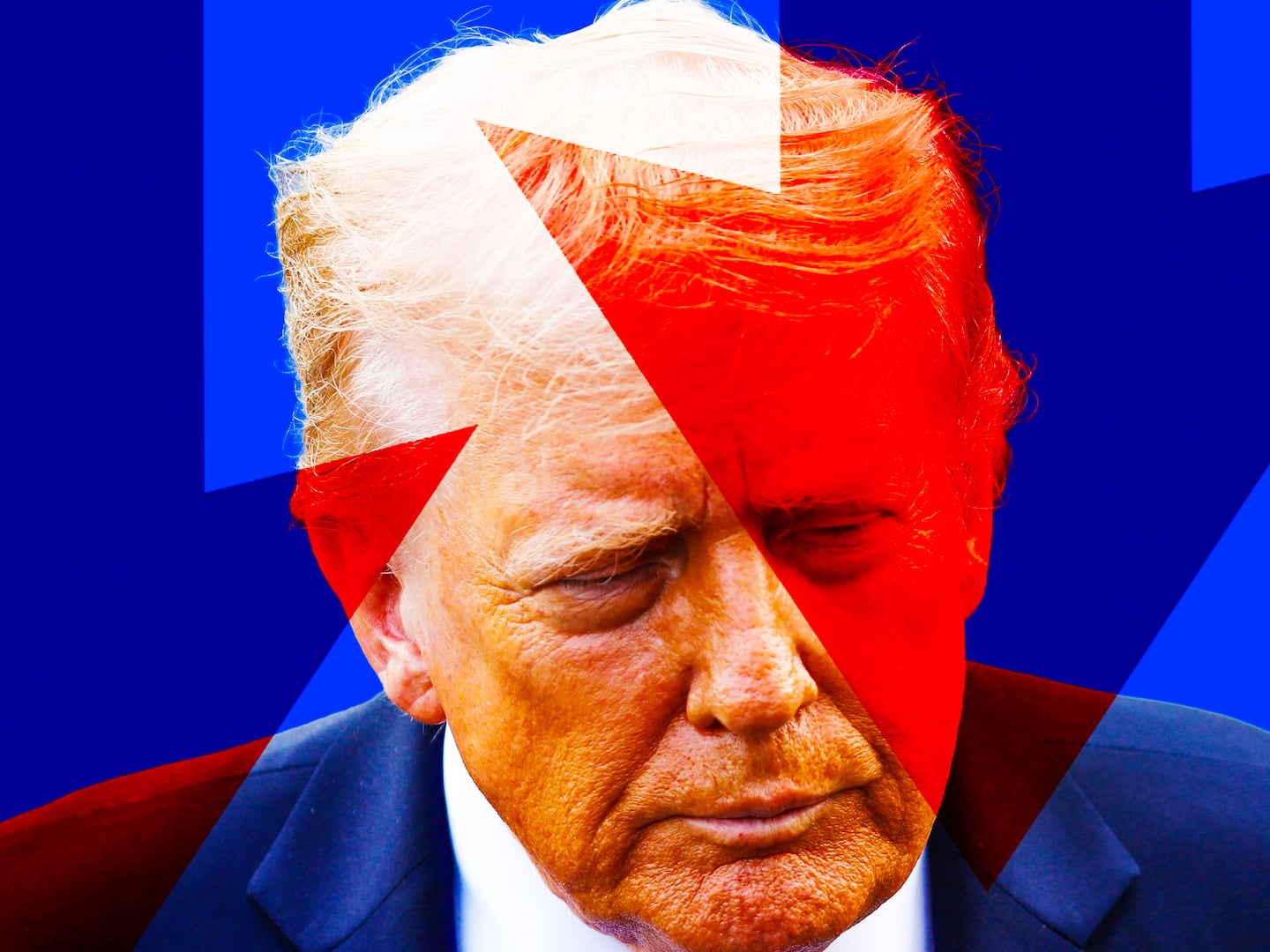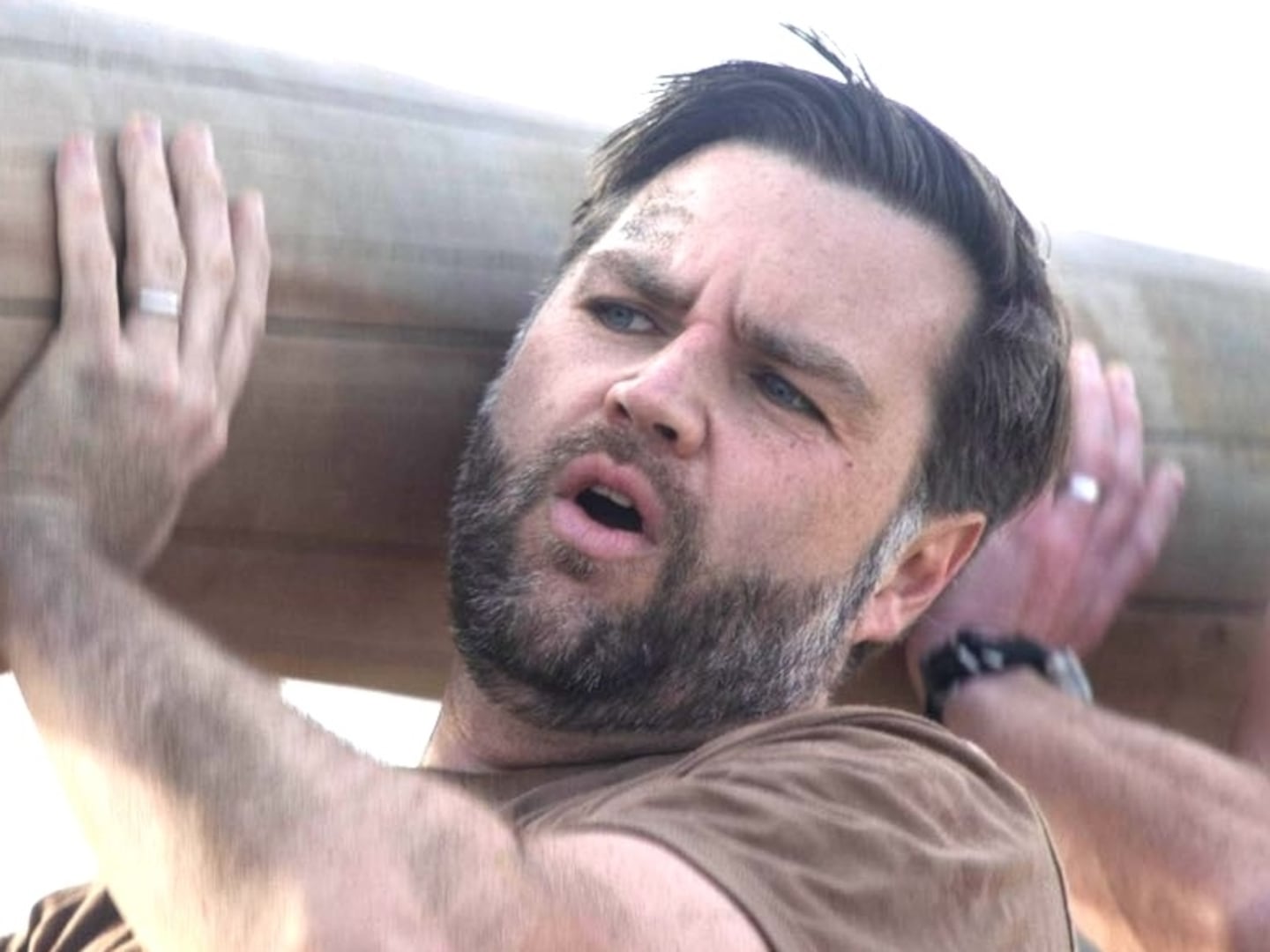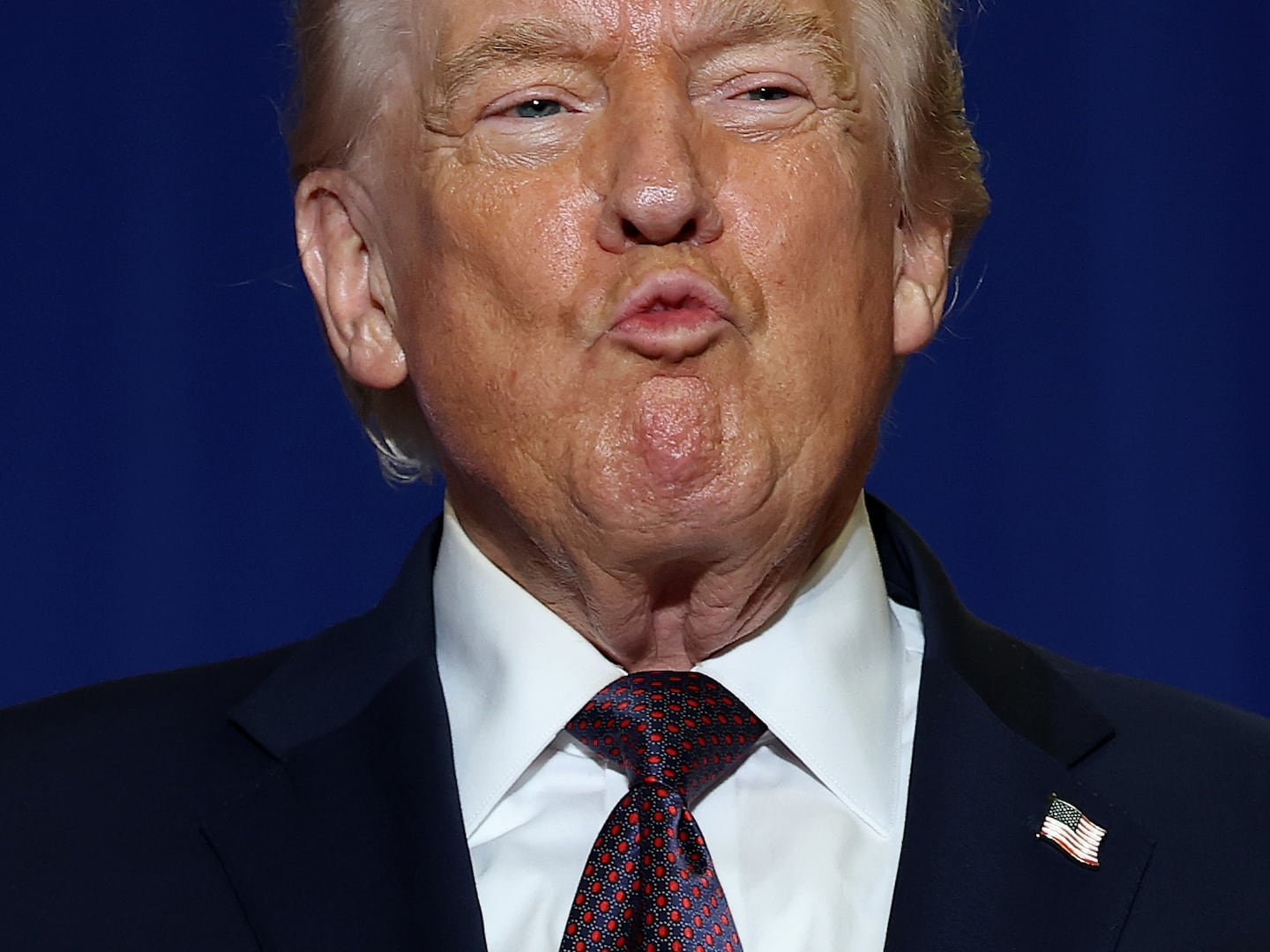After Monday’s raid on Michael Cohen’s office, home, and hotel room, President Donald Trump tweeted: “Attorney-client privilege is dead!” That isn’t true. But it is accurate to say that Mueller, his investigators, and the Southern District of New York team that took over the Cohen probe from him have all taken an aggressive approach to their targets’ legal teams.
One example, which has not been previously reported, came when Mueller’s investigators raided Paul Manafort’s house in Virginia. Among other items, investigators seized a binder full of information that Manafort and his legal team considered privileged, according to a source familiar with the matter. Manafort’s lawyer wrote a strongly worded letter to the special counsel’s office saying the material was privileged, and the binder was ultimately returned.
It isn’t the only example of Mueller taking steps that make defense attorneys extremely nervous. His grand jury brought in one of Manafort’s former lawyers, Melissa Laurenza, for questioning. She had helped Manafort fill out lobbying disclosure forms for the Justice Department. Judge Beryl Howell, who oversees Mueller’s grand jury, issued an opinion finding that attorney-client privilege did not extend to Laurenza because the work she did for Manafort was public and because her communications with Manafort could have been part of a criminal activity.
The grand jury also questioned former Manafort spokesperson Jason Maloni, who the law firm WilmerHale had hired to represent him. Mueller also questioned Mark Corallo, formerly a spokesperson for Trump’s legal team.
And at least one lawyer will do prison time because of the Mueller probe: Alexander van der Zwaan, who helped write a report for Manafort on then-president of Ukraine Viktor Yanukovych.
Though lawyers are generally protected from questioning by zealous prosecutors, there are exceptions—as Michael Cohen learned the hard way. One exception is when the lawyer and his or her client are engaged together in a criminal scheme. The U.S. Attorney’s Manual has a specific section laying out when and why prosecutors can use this exception to demand information about communications between attorneys and their clients. It’s likely this exception is the justification for the raid on Cohen’s office and home.
Despite that clearly delineated exception to attorney-client privilege, any time prosecutors question lawyers about their clients it always raises eyebrows. Victoria Toensing, formerly a contender to join the president’s legal team, told The Daily Beast yesterday that the raid was “highly unethical” and an attempt to destroy Trump’s presidency.
Jonathan Turley, a law professor at George Washington University, said he found Mueller’s decision to bring Laurenza before the grand jury extremely troubling.
“He effectively made Manafort’s own lawyer a witness against her client,” he told The Daily Beast. “I’m still astonished that a federal court allowed that to occur. It was unnecessary given the other evidence that Mueller had. It was exceptionally heavy-handed and was designed to drive a wedge between Manafort and his counsel. It also sent a chilling message to lawyers who are representing people in the Mueller investigation.”
But Peter Vincent, an attorney who briefed Mueller when he worked at the U.S. Embassy in Colombia, told The Daily Beast that Mueller’s approach shouldn’t come as a surprise.
“Mueller is taking an appropriately muscular approach, however he’s being—as always—extremely cautious in order not to cross any ethical lines whatsoever,” Vincent said. “I think he feels like he can take an aggressive approach because he has done all of the necessary due diligence and has taken the necessary steps to ensure that nothing he is doing crosses any sort of ethical lines.”
Michael Wildes, a former federal prosecutor, said while Mueller’s tactics may be tough on his targets, they are necessary.
“Mueller is one of the most decorated law enforcement officials of our era, and while it appears very aggressive, it’s still for the best of our nation that this is ferreted out properly,” he said. “If people are innocent, it’s an uncomfortable thing to go through. It’ll pass.”






